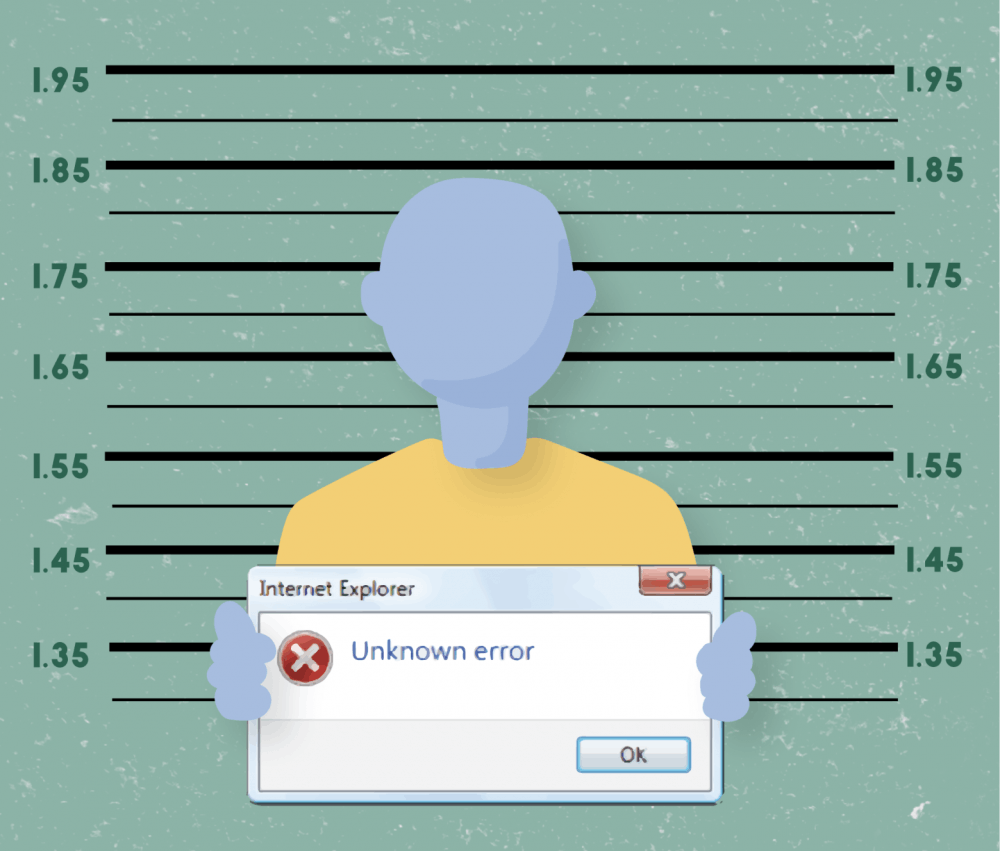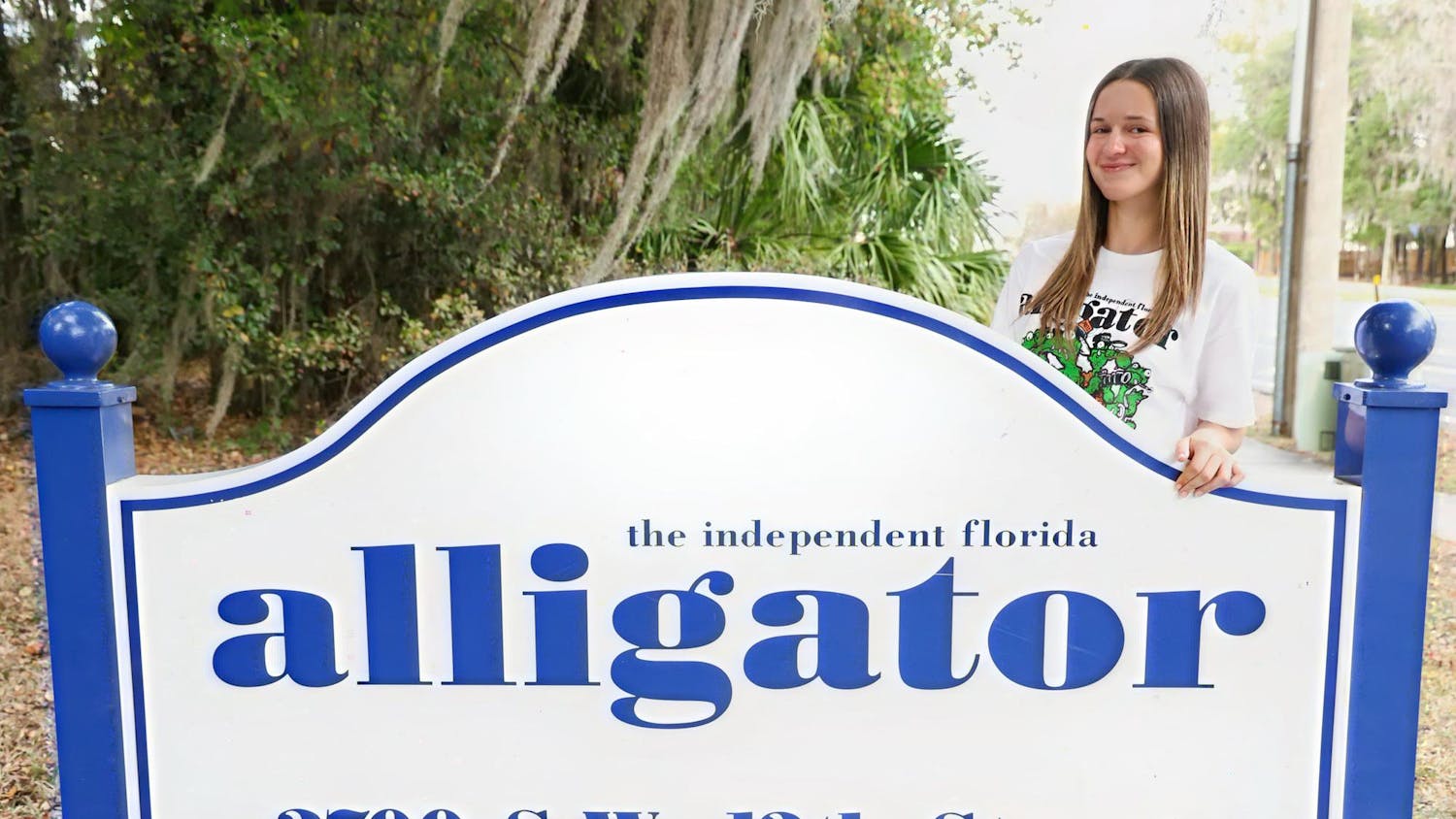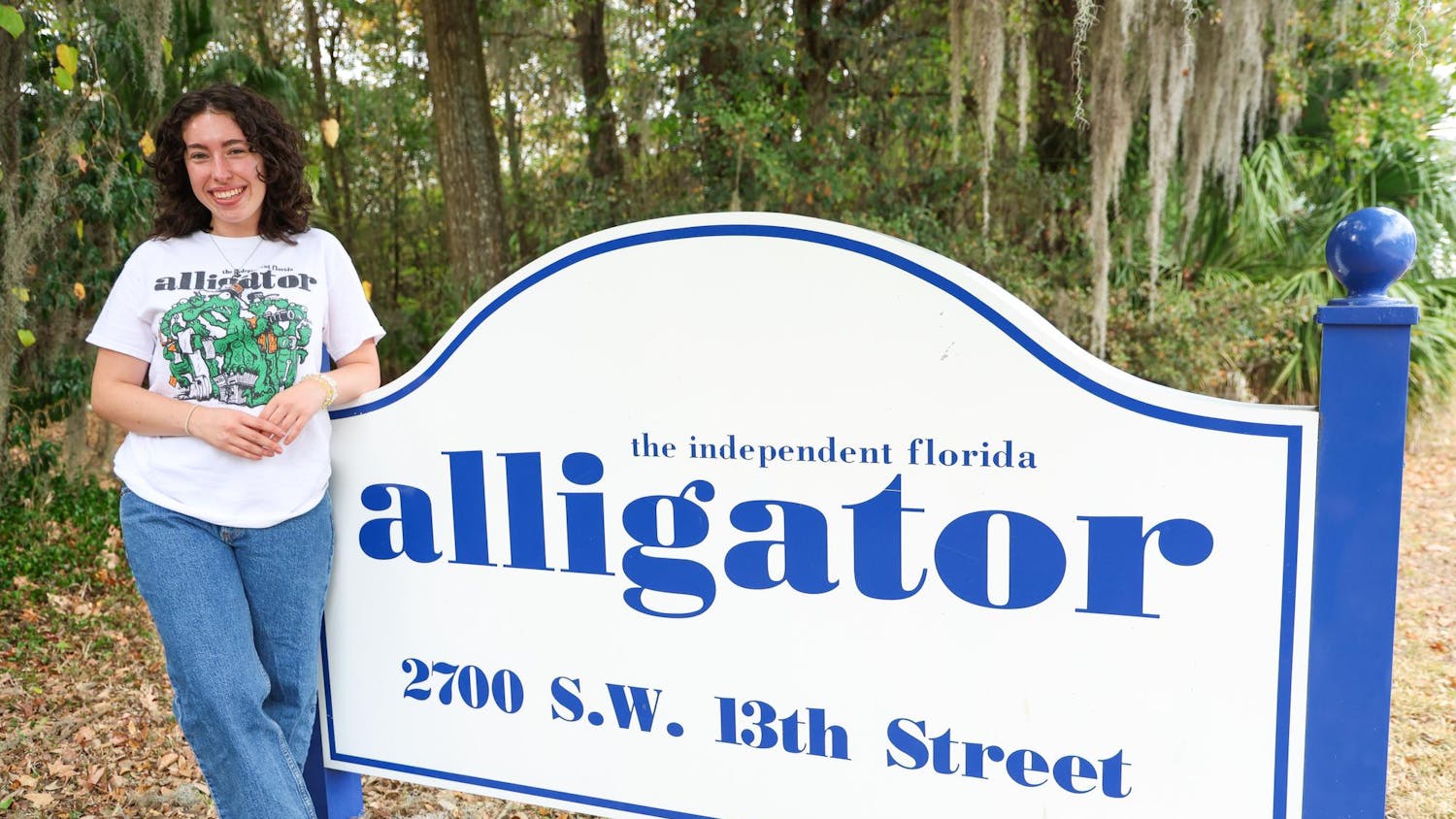
The Alligator and The Gainesville Sun have stopped publishing mugshots, but the Alachua Chronicle continues.
Michael Perry was arrested and charged with possession of marijuana during his time at Santa Fe college. Thirteen years later, Perry still remembers feeling terrified that people – his grandfather – would see his mugshot without knowing the full story.
A friend left the marijuana in his car, Perry told The Alligator. Perry was arrested. His friend was not.
“I should have the ability to tell my family what happened instead of being blasted on the internet or a local paper,” Perry said.
Many newspapers around the country are rethinking their use of mugshot galleries, including The Alligator. Two American media holding companies, Gannett and GateHouse, recently merged to form a single company under the Gannett name — shutting down mugshot galleries run by local newspapers. Gannett owns USA Today as well as many other daily and weekly newspapers in 39 states.
Gannett removed mugshot galleries from all of its sites in 2018. When the change was made, some Gannett publications posted articles explaining their reasoning.
What used to be mugshotsgainesville.com, run by the Gainesville Sun, now takes readers to a message from the editors at Gannett: mugshot galleries have been discontinued. Without context, they may feed into negative stereotypes, the message reads.
The Gainesville Sun was previously part of GateHouse, which allows mugshot gallery sites, said Douglas Ray, Editor and General Manager at the Gainesville Sun. After the merge with Gannett, the mugshot site was one of 26 taken down.
To Ray, the community’s reaction has been positive.
“We're also trying to make sure that we are also listening to broader concerns over how crime gets reported in the community, in order to not feed into the same stereotypes,” Ray said.
There’s no way to track each person in a mugshot to their final case verdict, Ray said, which means many could end up overturned or found innocent. Most arrests are a result of petty crimes, he added, so the mugshot site has little news value.
Shortly after The Gainesville Sun stopped publishing its mugshot gallery, the Alachua Chronicle put up their own. Jennifer Cabrera, editor of the publication, told The Alligator in an email that it began posting mugshots because readers requested they be published.
The Alachua Chronicle also began posting the jail’s daily booking logs on its website June 11. Each log includes the name, date of birth, charges and mugshots of individuals held at Alachua County Jail that specific day.
The Alligator stopped including mugshots in its articles in May. While The Alligator refrains from publishing mugshots, crime stories do include a person’s name, age and charges.
Telling stories about local crime without using mugshots can keep the community informed without perpetuating prejudices against historically overpoliced communities, said Christian Ortega, editor-in-chief of The Alligator.
He added that subjects in former stories often contact The Alligator post-trial to request that a story about them be updated to include that they were later found innocent.
“It takes so long after a mugshot is posted to find out anybody’s guilt or innocence,” Ortega said. “I don’t really see that as relevant or important for what we’re covering.”
Sheila Payne, a member of the Alachua County Labor Coalition, used to be a crossing guard. She recalled witnessing a student being teased because his friends had seen his father’s mugshot.
“Just because you’ve been charged doesn’t mean you’re guilty,” Payne said. “It ruins people’s lives.”
Payne told The Alligator she has personal experience with her mugshot being published. She was arrested for civil disobedience in 2018 after protesting Wendy’s refusal to join the Fair Food Program, a legal agreement seeking to provide Florida’s tomato farmers with better wages and working conditions.
Because the manager of Wendy’s didn’t want to press charges, Payne was released. However, her mugshot still appears in The Gainesville Sun.
“Have the newspapers ever come back and said, ‘Oh, this person was found not guilty.’?” Payne said. “No, that doesn’t ever come out.”
Payne has advocated for local newspapers to stop publishing mugshots. Payne and her husband, Paul Ortiz, wrote an Op-ed on June 9 for the Alachua County Labor Coalition newsletter including a demand for local newspapers to stop publishing arrests and mugshots.
“Individuals charged with crimes who are later found to be innocent of the charges have no recourse with media after their “mugshots” have been promoted in the Sun and other outlets,” Payne and Ortiz wrote.
After being pictured in a mugshot, Perry said he believes the galleries are a way the government desensitizes people to the prison industrial complex, a concept that the increase of the U.S. inmate population is linked to private prison companies and politics.
Although mugshots are public records, Perry said they don’t need to be posted in a gallery.
“People commit horrible crimes that need to be local news, but not the guy going to jail for driving with a suspended license,” Perry said.





